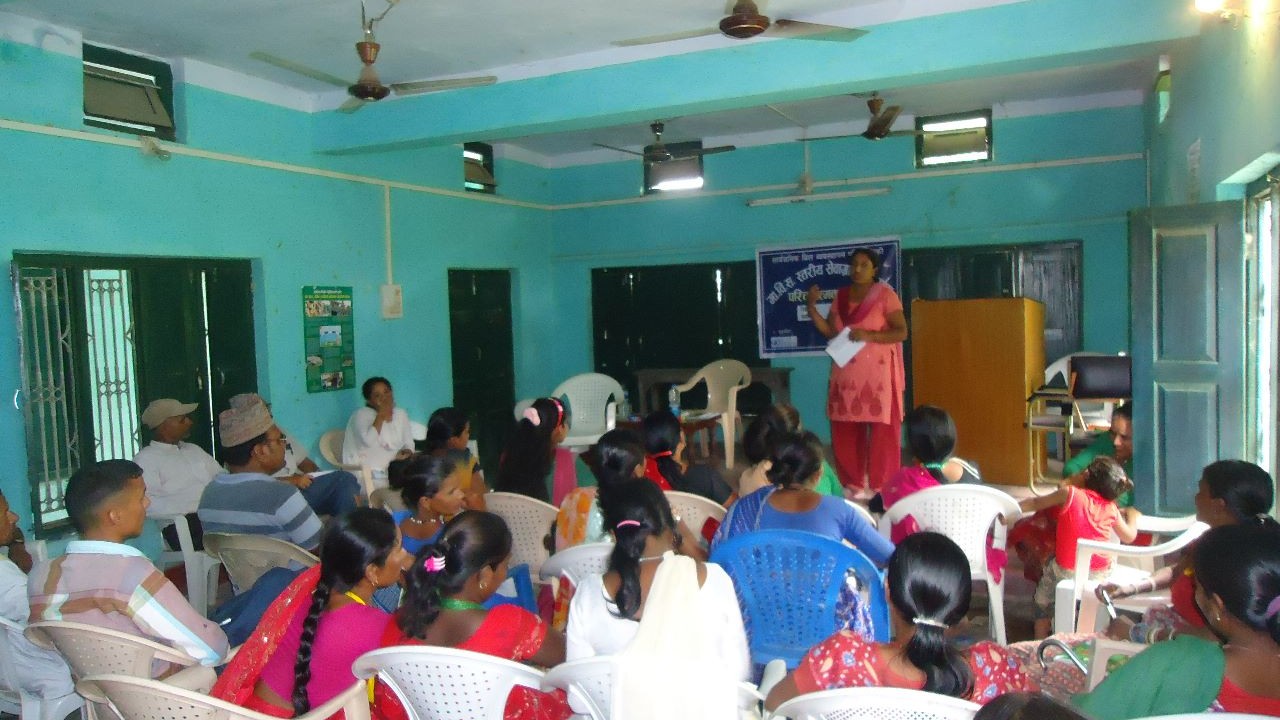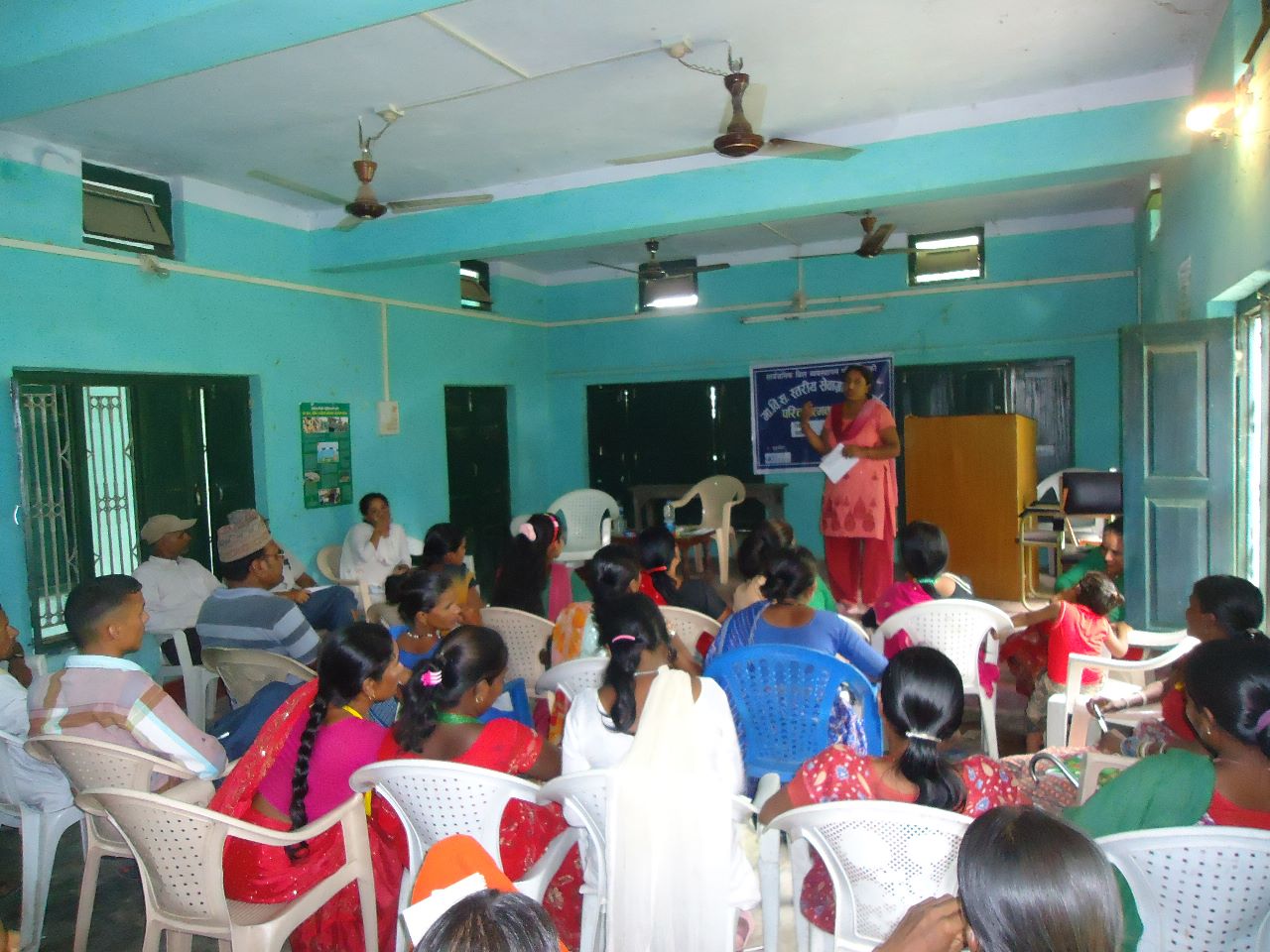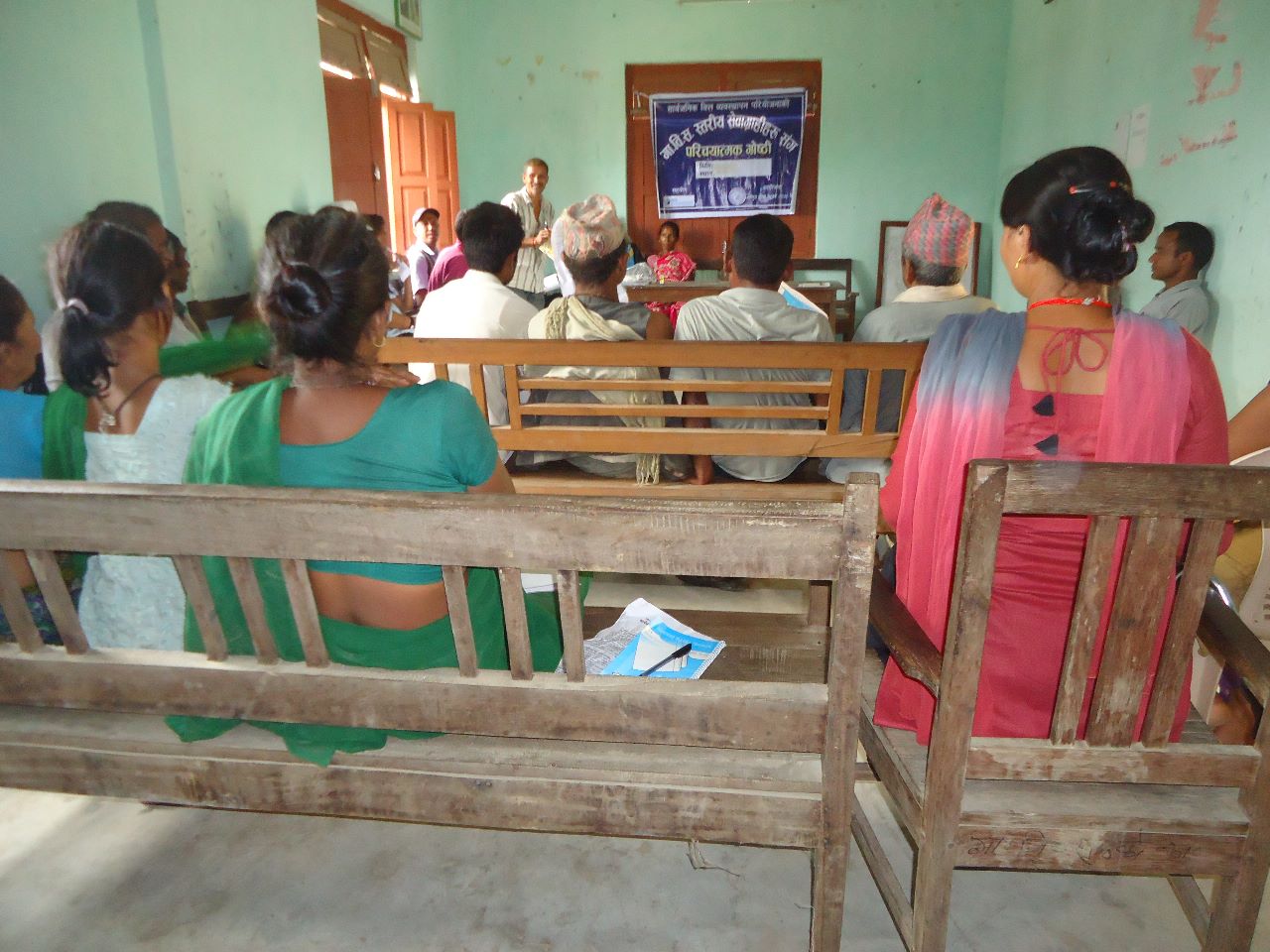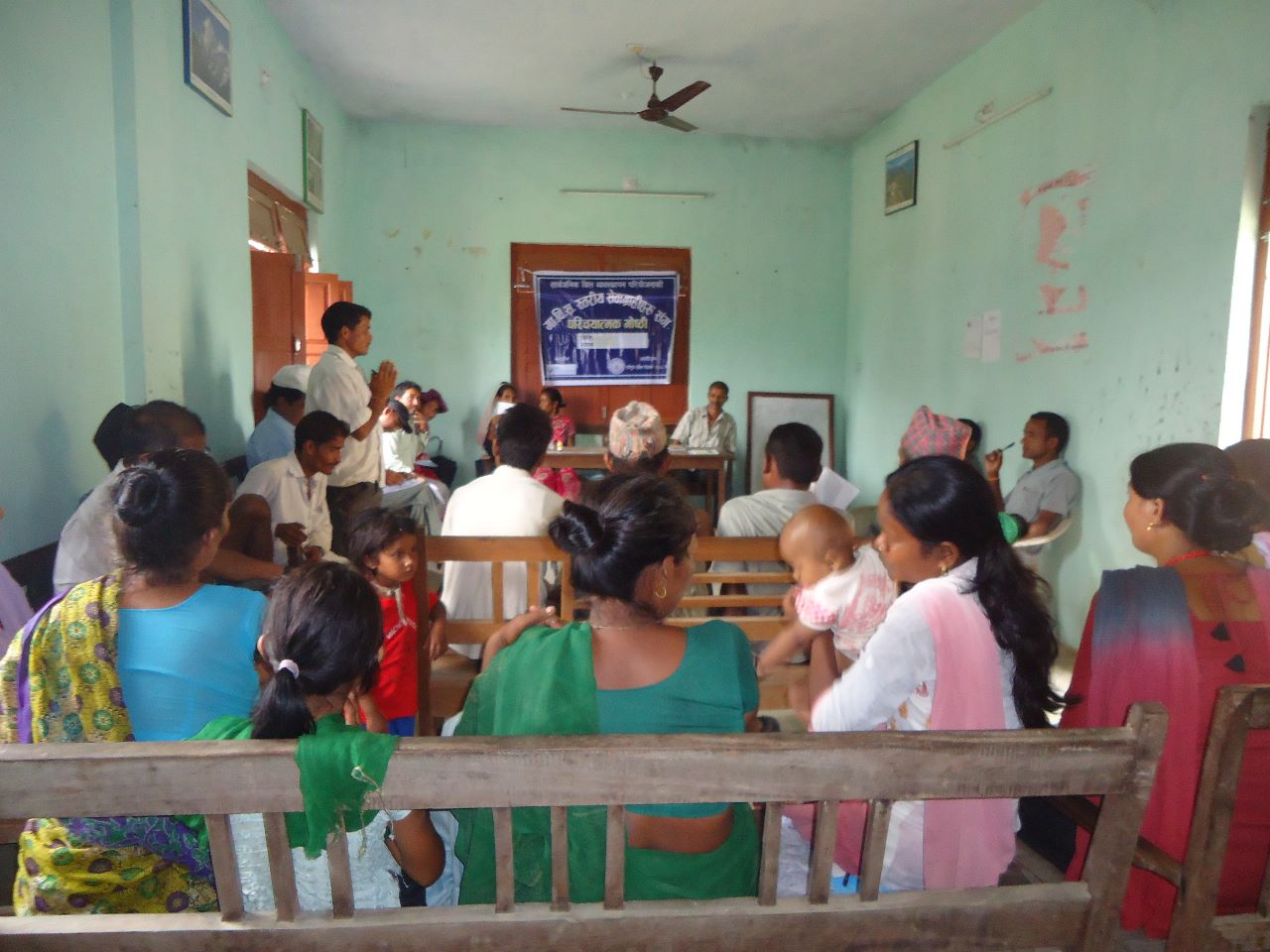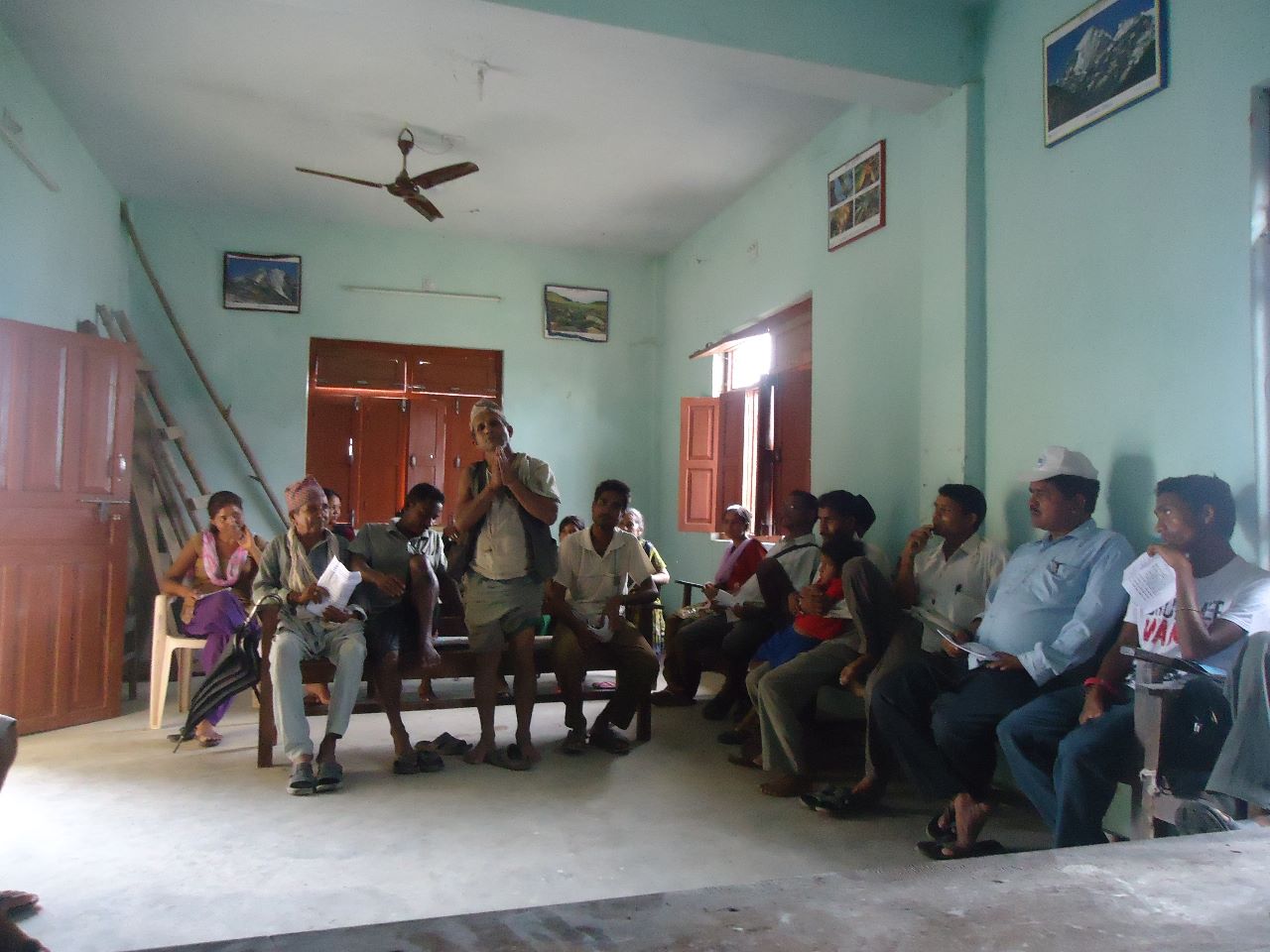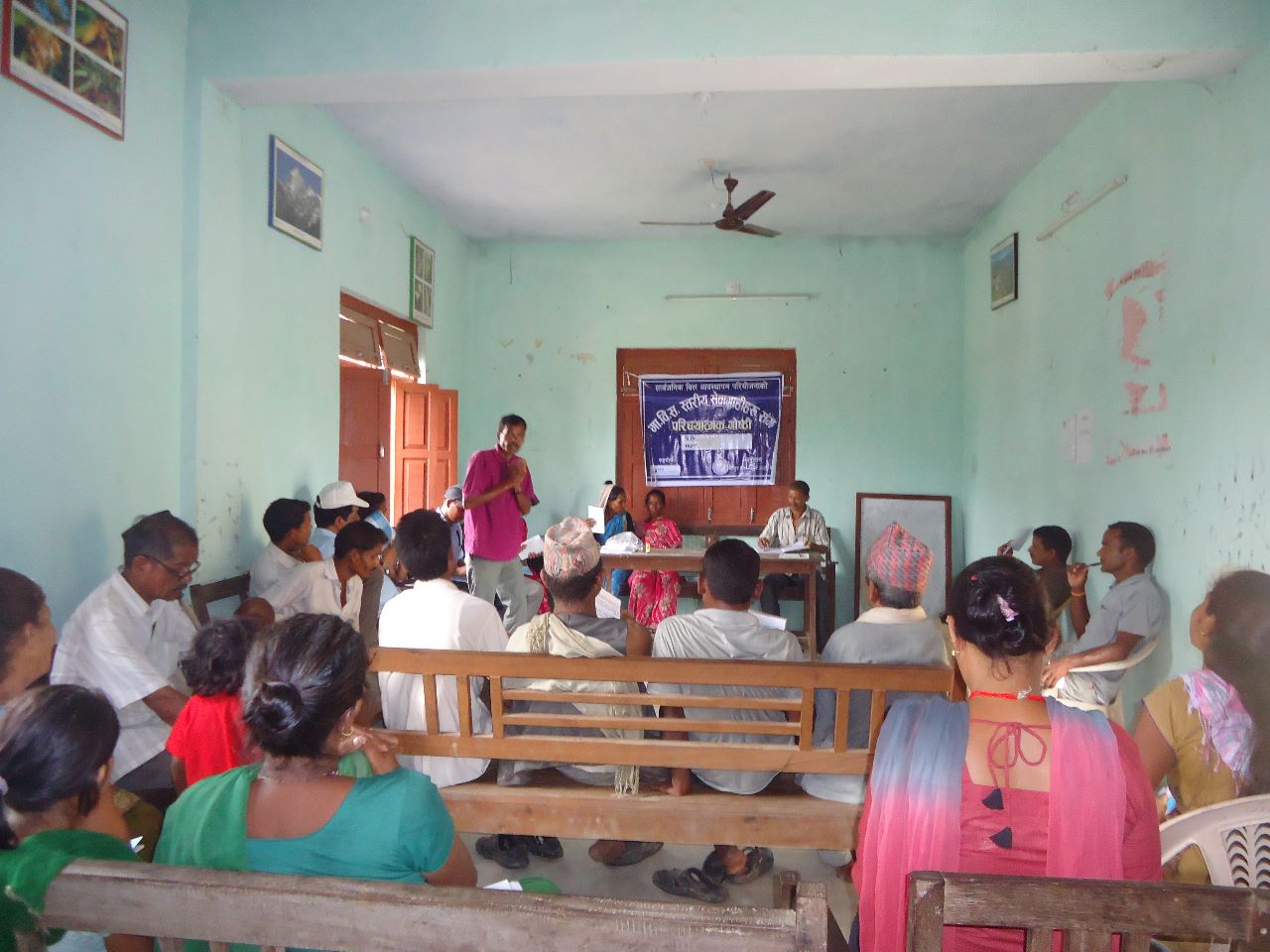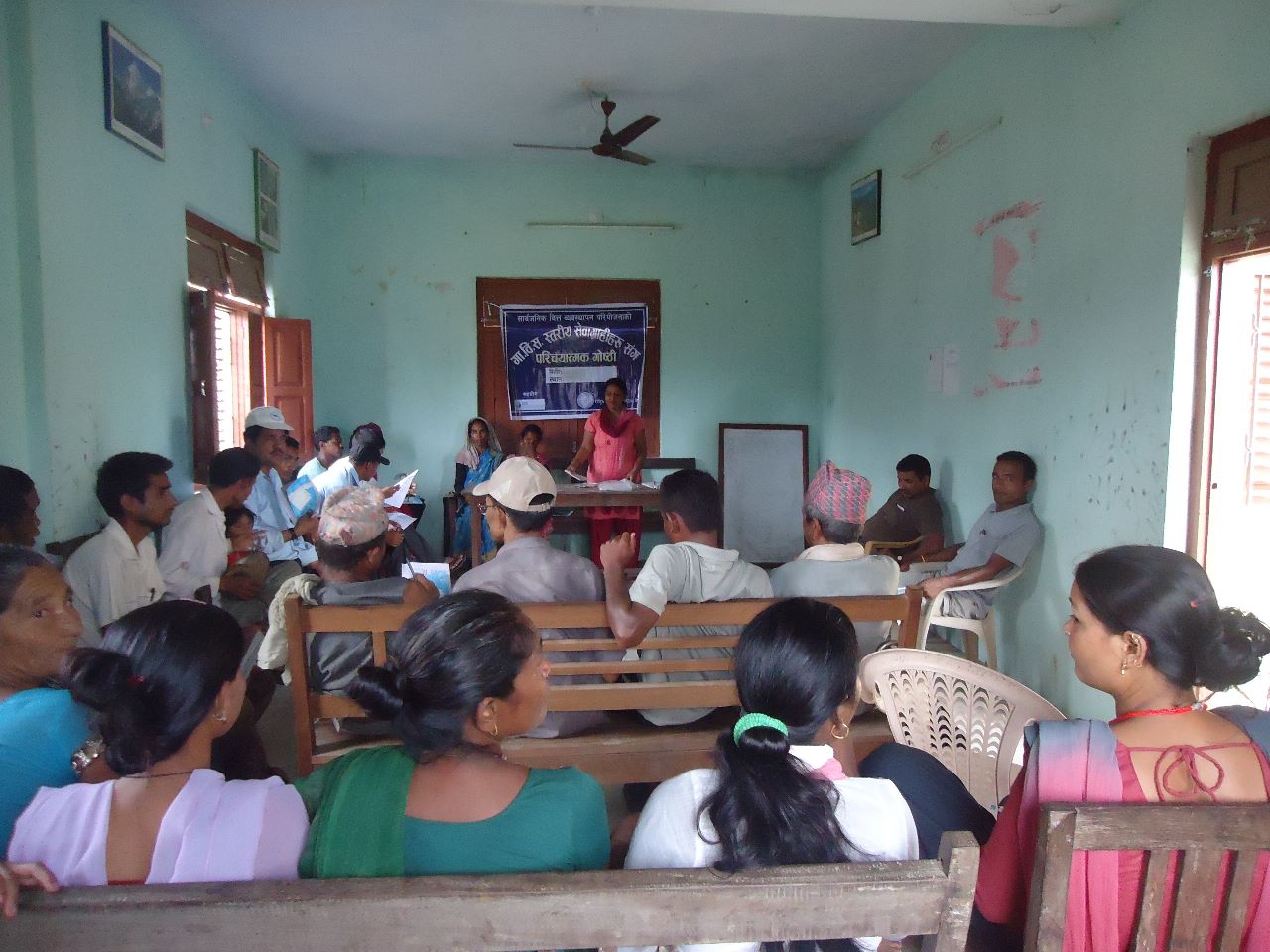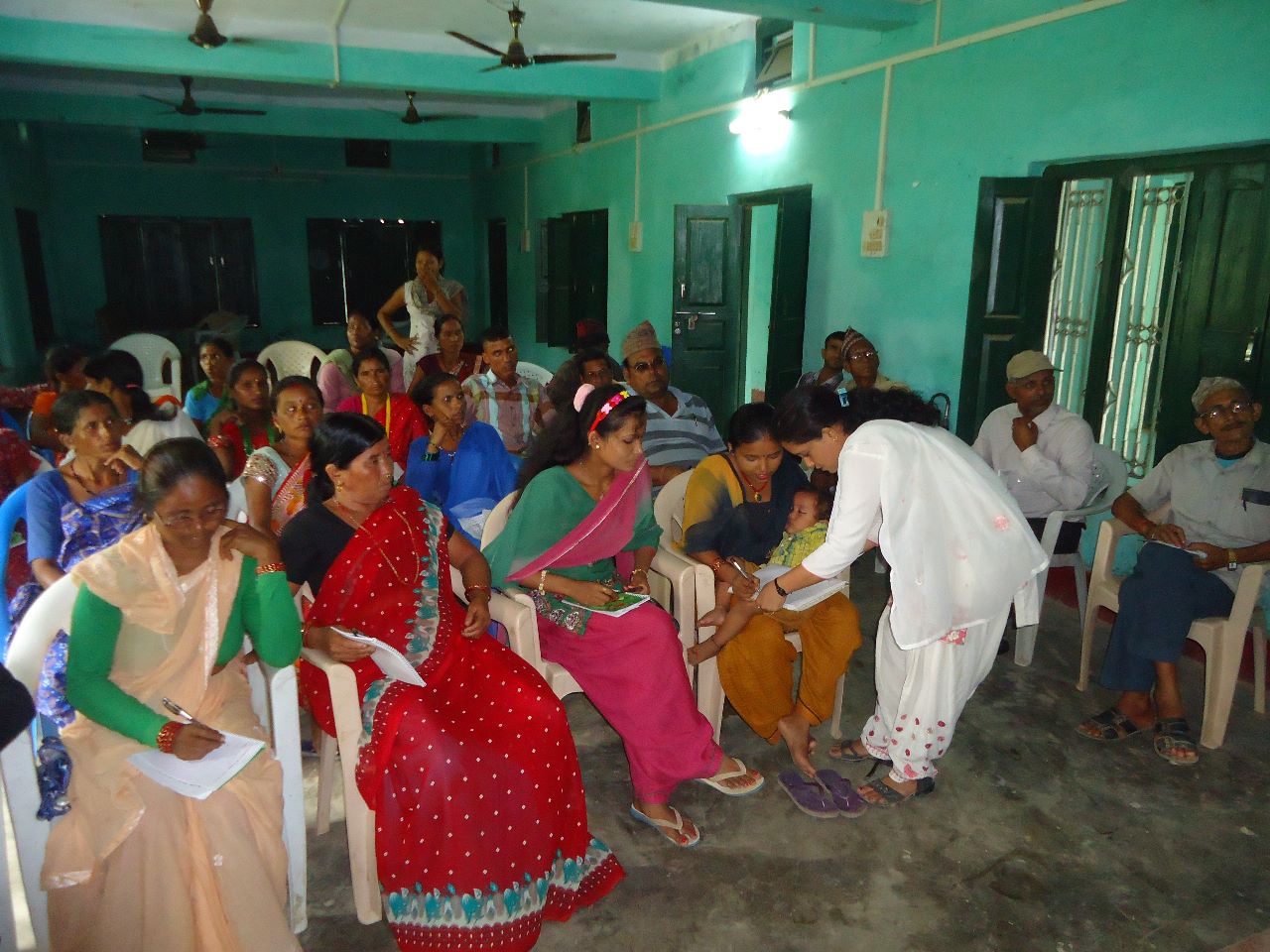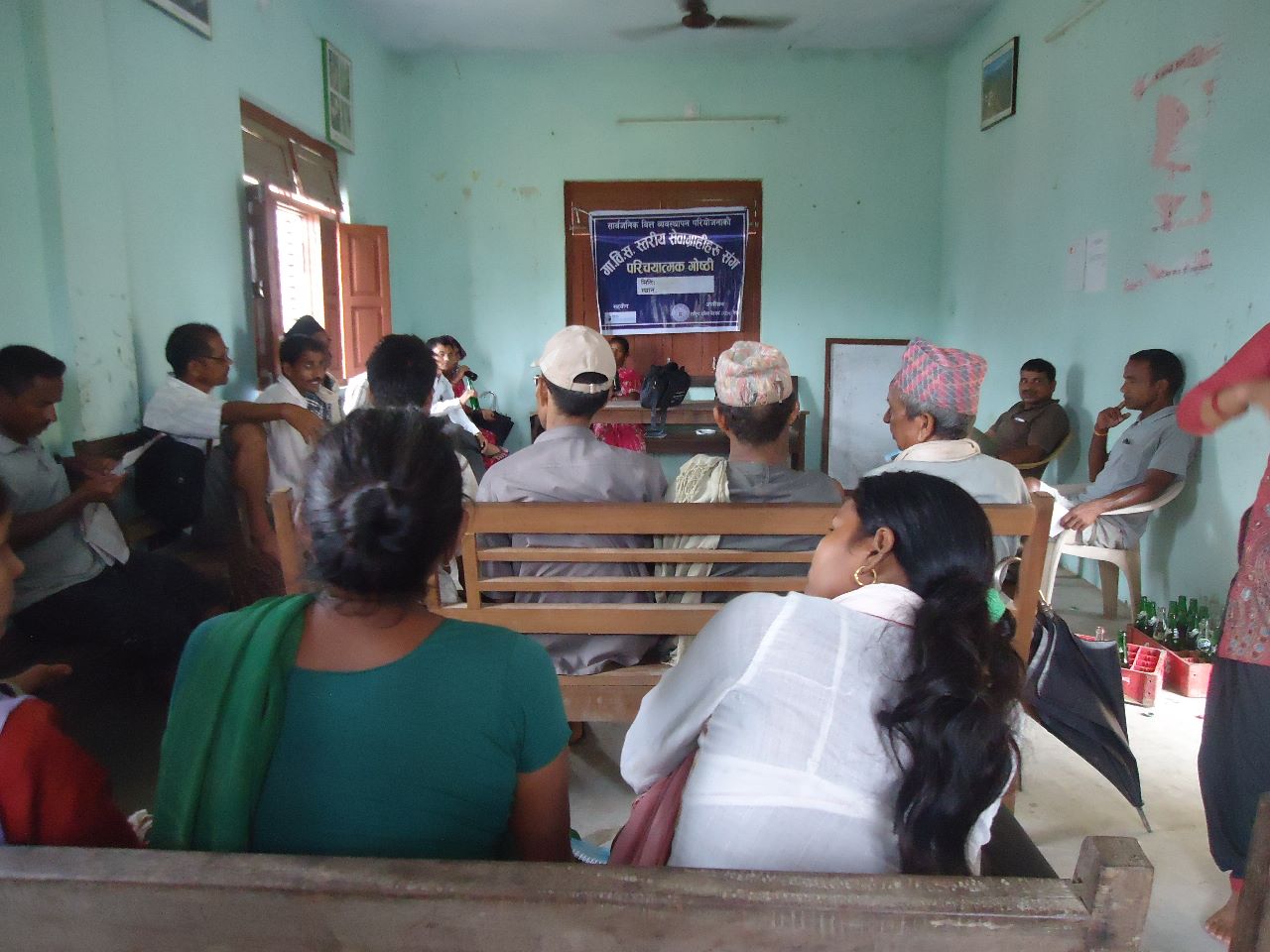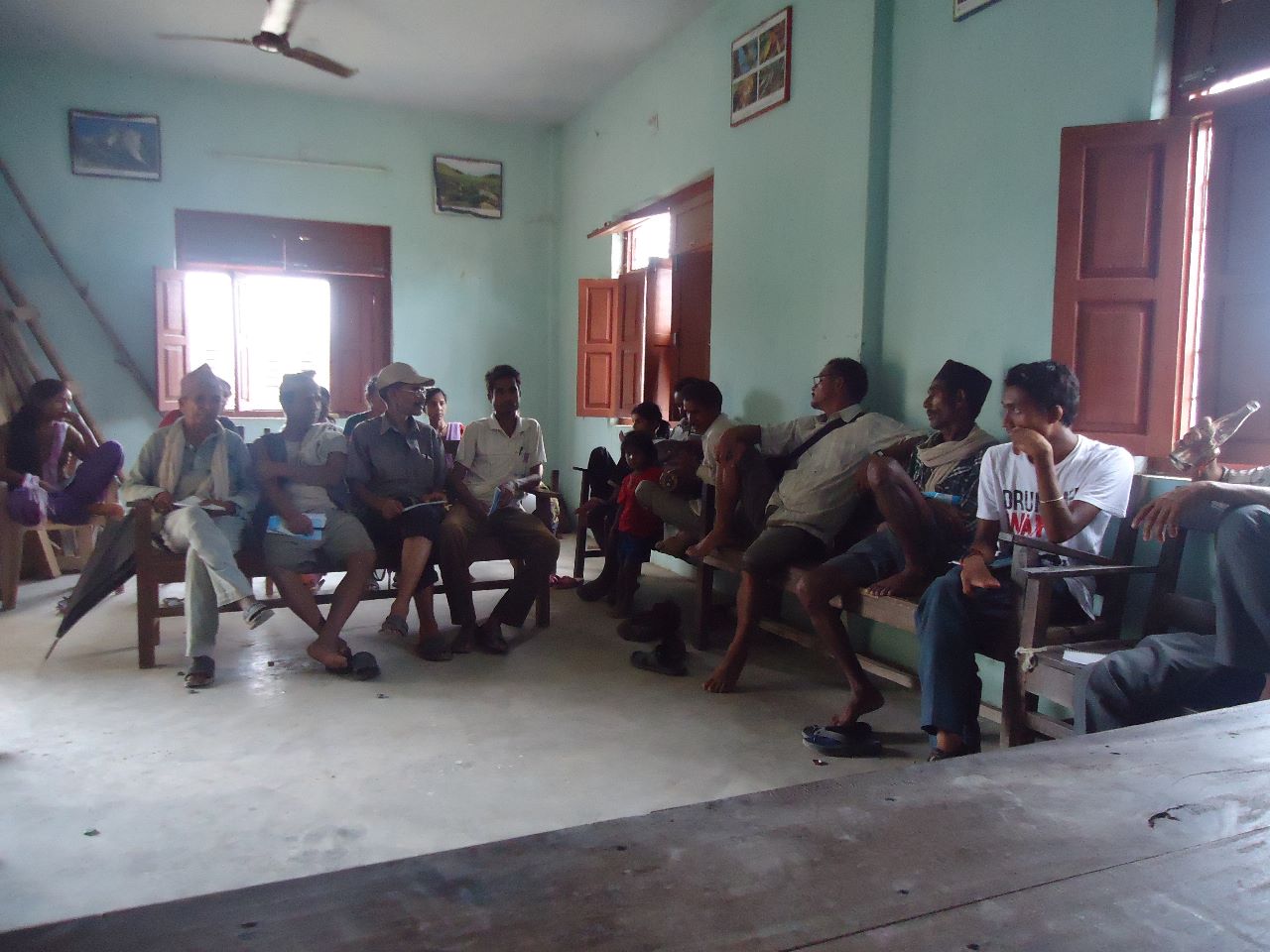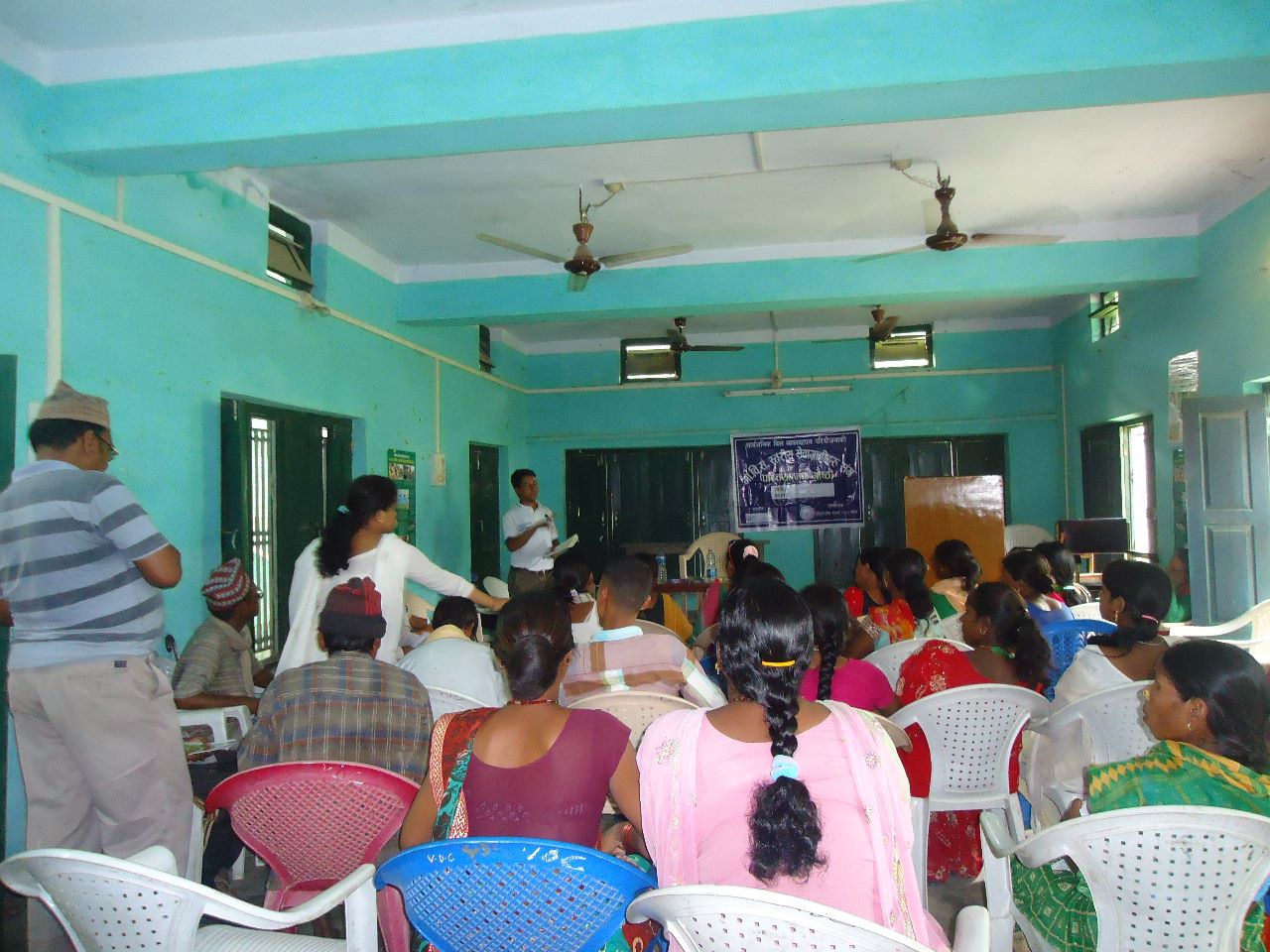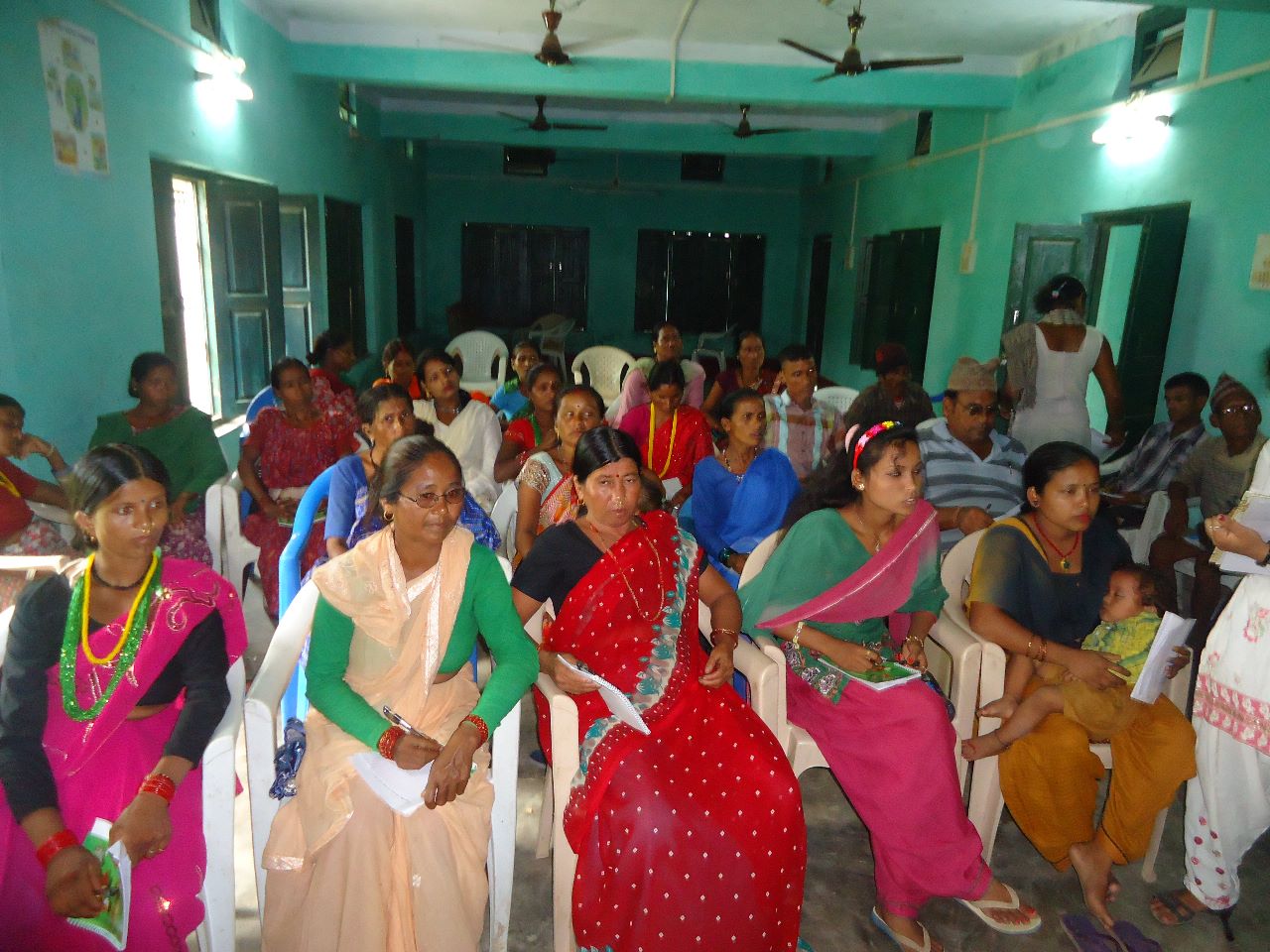Project Overview
Executive Summary
Rastriya Dalit Network (RDN) Nepal implemented “Improving Public Financial Management Project, Phase-II” with the financial support of Centre for International Studies and Cooperation (CECI). The project was implemented 10 VDCs of Kailali district for the period from 1 August, 2015 to 30 October, 2016. The Program for Accountability in Nepal (PRAN) was a World Bank program to promote demand for good governance in Nepal; and was being implemented in agreement with the Government of Nepal. The first phase of PRAN was financed by the State and Peace-building Trust Fund (SPBF) and the Multi Donor Trust Fund (MDTF) at the World Bank. The first phase of PRAN successfully concluded in September, 2014. This second phase (PRAN2) was also funded by the MDTF at the World Bank for a period of July, 2015 to December, 2016. PRAN's main objective was to strengthen the transparency, accountability, efficiency and inclusiveness of PFM in Nepal through fostering the use of SAc tools. To this end, the PRAN aimed to strengthen the capacity of civil society organizations and other non-state organizations for constructive engagement with the government agencies for good governance through the effective use of social accountability (SAc) approaches and tools.
Overall Objective: To strengthen transparency, efficiency and inclusiveness of public financial management in targeted areas through fostering the use of SA tools.
Outcomes:
Outcome-1: Communities in the program areas (especially marginalized people) are empowered to hold local governments accountable for participatory, pro-poor/gender inclusive budgeting and accurate budget execution
Outcome 2: Citizens access to individual Social Security Entitlements (specifically, senior Citizen and single women’s entitlements) and basic education service is improved
Outcome 3: National enabling environment for transparent, inclusive and accountable PFM is improved
Outputs:
Output 1.1: Social Mobilizers (SMs) at VDC level are well equipped with social mobilization tools
Output 1.2: Citizen Awareness Centers (CACs) are established and made functional
Output 1.3: VDC audit reports are released to public
Output 1.4: VDCs and IPFCs are sensitized towards pro-poor and gender sensitive planning and budgeting
Output 1.5: VDCs and WCFs are capable to implement the MoFALD-Local Body Resource Mobilization and Management Operation Guidelines 2069 (including procurement issues)
Output 1.6: SMs and WCF in selected VDCs trained to use new MoFALD/LGCDP community-based IEC materials on budget literacy, gender and pro-poor budgeting
Output 1.7: VDC level Supervision and Monitoring Committees trained on public audit and participatory procurement monitoring
Output 1.8: Ward Citizen Forums (WCFs) are empowered and functional as per MoFALD guidelines
Output 1.9: Existing grievance mechanisms are reviewed and strengthened/established at the VDC
Key Activities:
Activity 1.1.1: District level program introductory workshop
Activity 1.1.2: VDC level participatory meeting
Activity 1.1.3: District level training of Social Mobilizers (SMs) of the VDCs on Social Mobilization tools, techniques and use of LGCDP/MoFALD LB resource mobilization and management guidelines, 2069, public hearing (to be organized jointly by two CSOs)\
Activity 1.2.1: Facilitate to establish CACs in the VDCs and make functional to the existing CACs
Activity 1.3.1: Support to VDCs in releasing their annual audit report
Activity 1.4.1: VDC level training to WCFs, CACs and IPFCs representatives on GESI, RTI, Participatory planning and budgeting (budget awareness, gender and pro-poor budgeting)
Activity 1.5.1: Training to WCFs at local level on Local Body Resource Mobilization and Management Operation Guidelines, 2069 and procurement
Activity 1.6.1: Training to SMs on the use of MoFALD/LGCDP community-based IEC materials on budget literacy, gender and pro-poor budgeting (to be organized jointly by two CSOs)
Activity 1.6.2: Training to WCFs on the use of MoFALD/LGCDP community-based IEC materials on budget literacy, gender and pro-poor budgeting
Activity 1.6.3: Pro-Poor and gender budget analysis in the VDC
Activity 1.7.1: Public Audit and Participatory Procurement Monitoring training to VDC's Supervision and Monitoring Committee
Activity 1.8.1: Facilitation to ward level planning meeting and public hearing and public audit
Activity 1.8.2: Technical support to WCFs
Activity 1.8.3: Support VDCs in conducting annual planning meeting with WCFs and documenting it as per MoFALD guideline
Activity 1.9.1: GRM orientation and review of existing GRM in the VDCs and DDC
Activity 1.9.2: GRM establishment/improvement and institutionalization
Activity 1.9.3: Identification of causes of ineffectiveness of GRM at VDC/DDC
Activity 1.9.4: Analysis of grievances and cause of ineffectiveness of GRM at VDC/DDC level
Activity 1.9.5: Focus Group Discussion (FGD)
Activity 1.9.6: Public Hearing
Activity 1.9.7: Repeat - GRM review, grievance collection and analysis
Final activity: District Level Final sharing workshop
